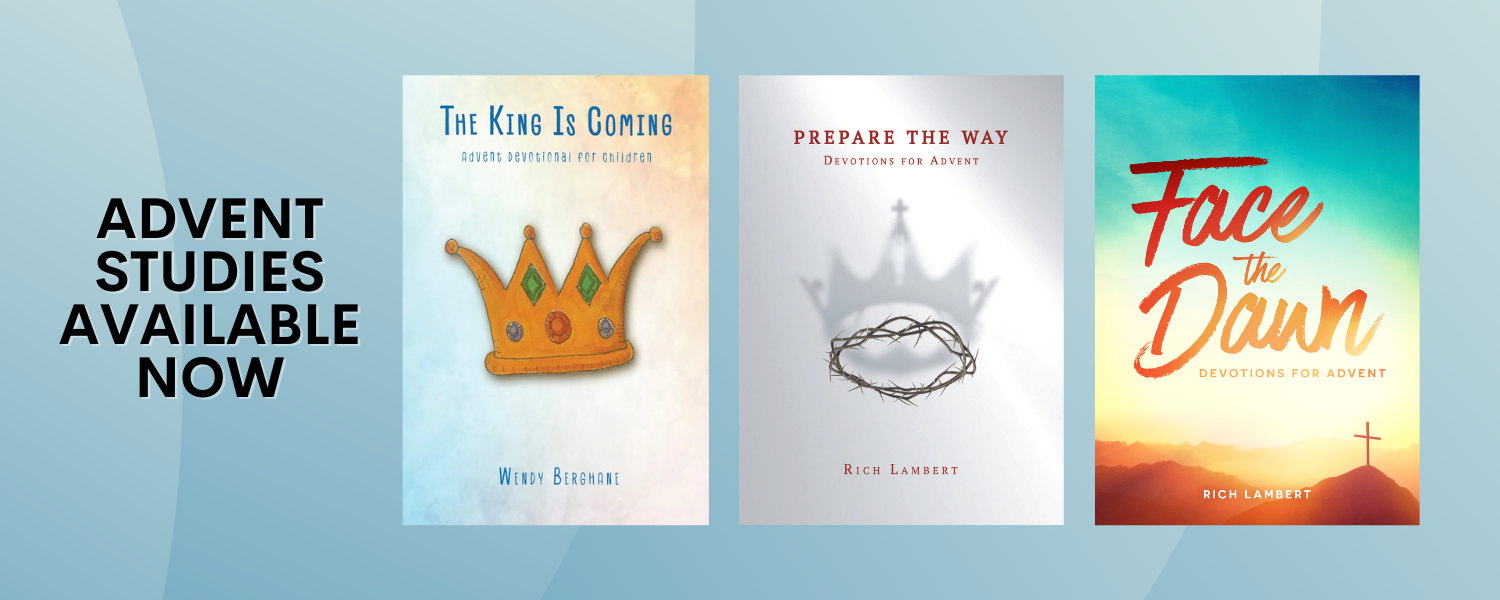Are You Thinking the Thoughts of God?
October 20, 2023

Are You Thinking the Thoughts of God?
By Brooke Holt
“Finally, brothers, whatever is true, whatever is honorable, whatever is just, whatever is pure, whatever is lovely, whatever is commendable, if there is any excellence, if there is anything worthy of praise, think about these things.” Philippians 4:8
Much discussion about meditation has taken place in the past five to ten years. Opportunities abound to explore meditation through classes or workshops, and even get training on how to lead it. Is meditation really that difficult? Or maybe the better questions to consider are what is meditation really, and what does it mean? Wikipedia says: “Meditation is a practice in which an individual uses a technique – such as mindfulness, or focusing the mind on a particular object, thought, or activity – to train attention and awareness, and achieve a mentally clear and emotionally calm and stable state. Meditation is practiced in numerous religious traditions.” All that sounds good. I could surely use focus, awareness, mindfulness, mental clarity, and a calm and stable emotional state.
The second aspect to consider is what meditation leads one to focus on and how one practices this meditation. Thankfully, we do not have to look too far for these answers. God’s people have been practicing meditation for thousands of years. The best instruction on meditation I have ever read comes directly from Scripture. Psalm 119 makes at least eight different references to meditation: “I will meditate on your precepts and fix my eyes on your ways” (Psalm 119:15). The psalmist writes about meditating on God’s law, precepts, ways, statutes, testimonies, promise, and wondrous works. In Deuteronomy 6:5-9, Moses instructs the people to remember the commandments, to keep them, and to constantly talk about them, especially with your children. They were to have the words of God always on their minds and lips.
Do you think about God throughout your day? Do his Word and teachings inform your thoughts, your words, and your actions? What do you meditate on throughout your day, and then what consumes your thoughts as you wind down for the night? These challenging questions are not written to condemn you but to awaken you to the power of your thoughts.
Paul, too, would have you consider what you meditate on throughout your day and night. He understands how the world and its many agendas seek to control and direct you; thus, once again, Paul provides the antidote to the world – thinking the thoughts of God. And what a wonderful list he provides: whatever is true, honorable, just, pure, lovely, commendable, anything of excellence, anything worthy of praise – Paul would have you think about these things throughout your day.
Choosing to think the thoughts of God does not mean you will not have to make decisions for work or your family. However, when you set your mind on the way of God, the character of God, his wondrous work in your life, it becomes easier to make decisions that align with his will and honor him. When you keep choosing to look above the drama of your workplace, school, or church, you see what Jesus sees – broken people who need the love and grace of a Savior.
Reflection:
Paul would challenge you and me to practice meditation. Clear your mind of the world, your worries, and your pursuits. Then ask Jesus to make his desires your desires, your thoughts his thoughts, your ways his ways. Keep focusing on him, what he did, and how he lived. These godly thoughts empower you for godly actions. So much of your day is dictated by what you meditate on. We would love to hear your thoughts in the comments.
Recommended Resources:

Advent is like celebrating a national holiday in a foreign land — like observing the 4th of July as an expatriate. Locals do not understand the fuss. Advent is equal parts cherishing and missing home. AND it’s a mix of loving this world while getting ready to leave it behind. This makes Advent the most human and most complex celebration we have. Isaiah the prophet, David the psalmist, Paul the apostle, John the Baptist, Mary, Joseph, and Jesus all lived in one world and longed for the next. They loved this world and loved the world to come even more. In these 28 devotions in Face the Dawn, join them in wearing the paradox of Christianity- this world may be our home, but that world is HOME.
Check out our full line of Advent Devotionals/Studies here.

Leave a comment
Comments will be approved before showing up.
























